Antigua and Barbuda year 1987 WWF Sea marine life Max cards set
Antigua and Barbuda, located in the Caribbean, are known for their rich marine biodiversity. The islands’ surrounding waters are home to a variety of marine life, including coral reefs, fish, sea turtles, and other marine species. Here’s an overview of the marine life found in Antigua and Barbuda:
Coral Reefs
The coral reefs around Antigua and Barbuda are some of the most vibrant ecosystems in the region. These reefs are composed of various coral species, including:
- Elkhorn Coral (Acropora palmata)
- Staghorn Coral (Acropora cervicornis)
- Brain Coral (Diploria spp.)
- Star Coral (Montastraea spp.)
Fish Species
The coral reefs and surrounding waters host a plethora of fish species, including:
- Parrotfish (Scaridae family)
- Angelfish (Pomacanthidae family)
- Butterflyfish (Chaetodontidae family)
- Groupers (Serranidae family)
- Snappers (Lutjanidae family)
- Barracudas (Sphyraenidae family)
- Surgeonfish (Acanthuridae family)
- Wrasses (Labridae family)
Sea Turtles
Several species of sea turtles can be found in the waters of Antigua and Barbuda, including:
- Green Sea Turtle (Chelonia mydas)
- Hawksbill Sea Turtle (Eretmochelys imbricata)
- Leatherback Sea Turtle (Dermochelys coriacea)
- Loggerhead Sea Turtle (Caretta caretta)
Marine Mammals
The waters around Antigua and Barbuda also provide a habitat for marine mammals such as:
- Dolphins (various species)
- Humpback Whales (Megaptera novaeangliae)
- Sperm Whales (Physeter macrocephalus)
Other Marine Species
In addition to the above, the marine environment of Antigua and Barbuda supports various other species:
- Crustaceans: Lobsters, crabs, and shrimp.
- Mollusks: Conchs, octopuses, and squids.
- Echinoderms: Sea urchins and starfish.
- Sponges: Various sponge species that contribute to the reef ecosystem.
Conservation Efforts
Antigua and Barbuda have several conservation initiatives to protect their marine life:
- Marine Protected Areas (MPAs): The islands have designated MPAs to safeguard critical habitats and species.
- Nongovernmental Organizations (NGOs): Organizations such as the Environmental Awareness Group (EAG) work towards marine conservation.
- Government Policies: The government has enacted laws and regulations to reduce overfishing, pollution, and habitat destruction.
- Eco-Tourism: Promoting sustainable tourism practices that minimize the impact on marine ecosystems.

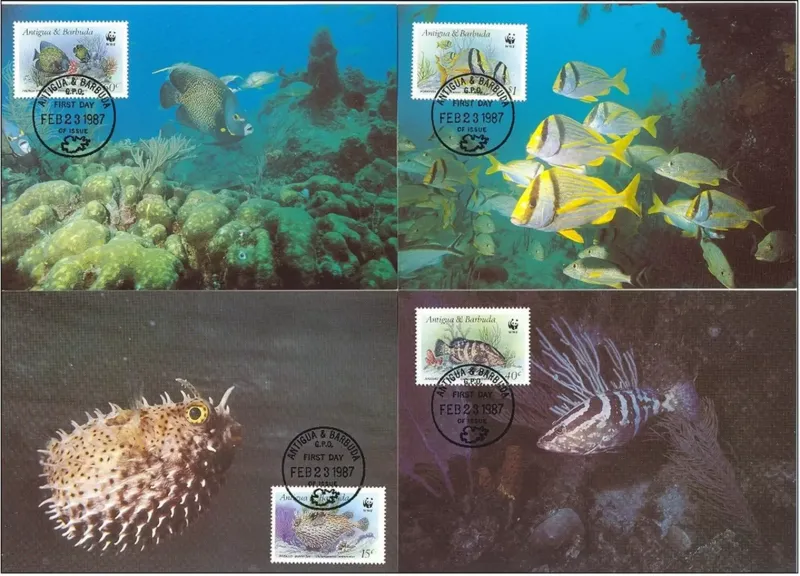
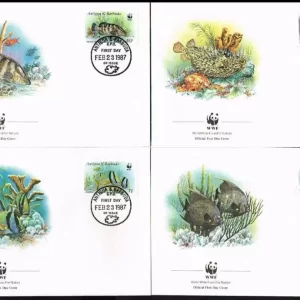
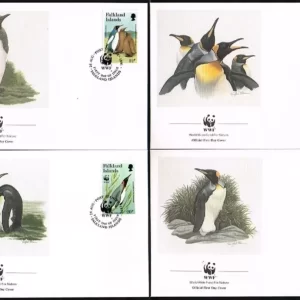
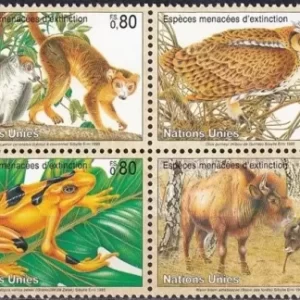
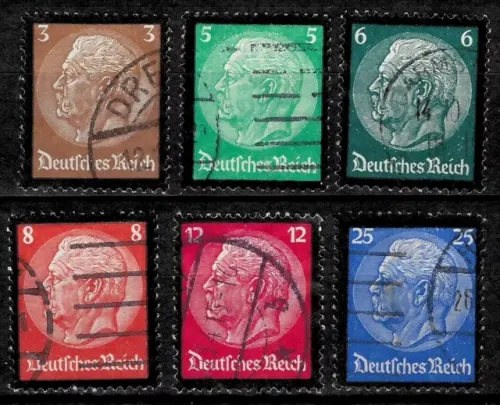
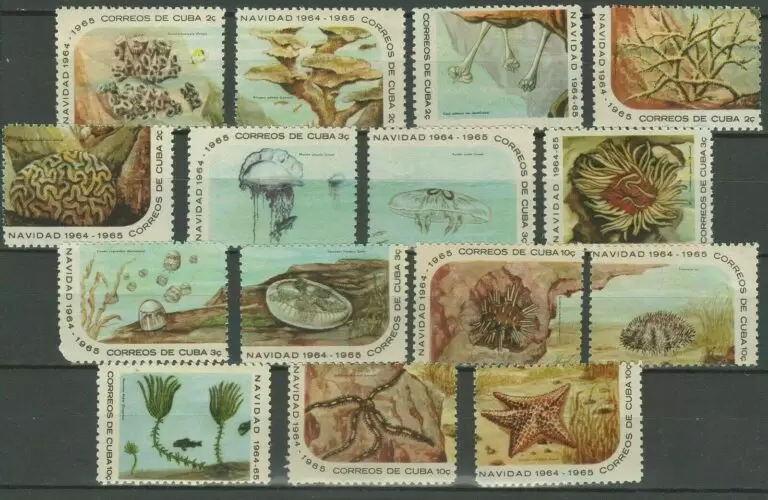
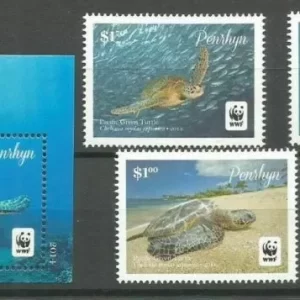

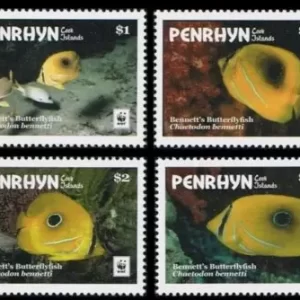
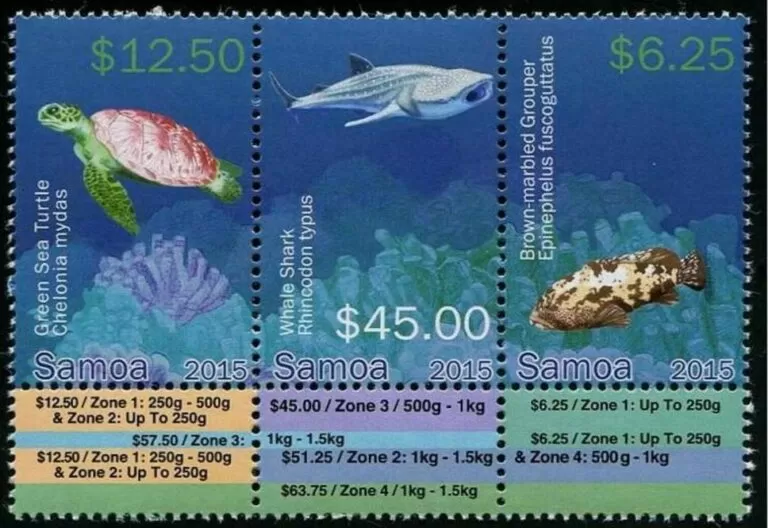
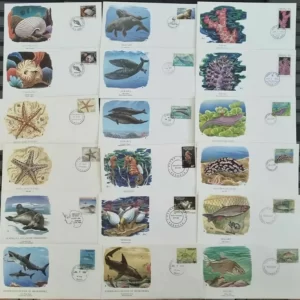
Reviews
There are no reviews yet.